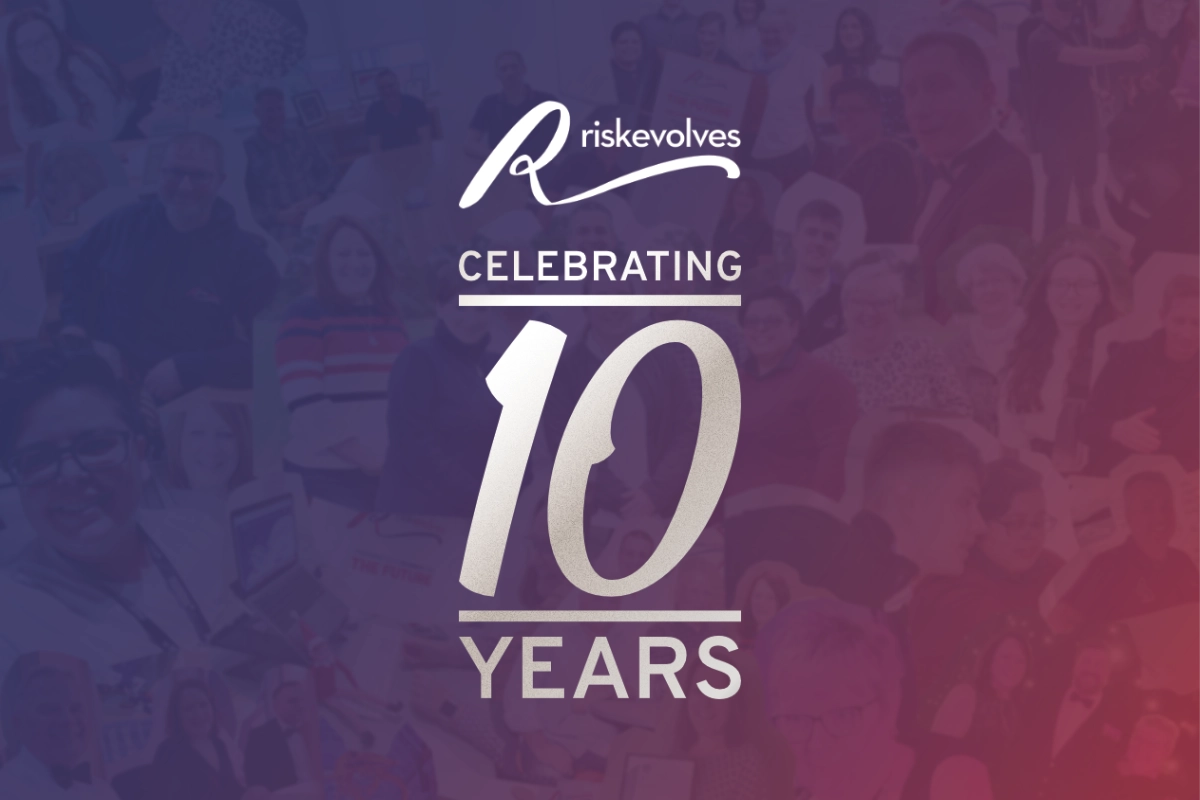
Effective risk management compliance means going beyond mere compliance. That’s one of the lessons from the Grenfell Tower tragedy.
The development of risk management has always been influenced by significant failures and successes and Grenfell is the latest in a series of high-profile events that have shaped the industry.
Helen Barge, Managing Director of Risk Evolves, has spent decades advocating for sustainable and responsible business practices, recognising the serious consequences of failing to learn: “Among other outcomes, past events have helped us be wary of common pitfalls, from insufficient safety measures to failure to address known risks, design and operational flaws and poor communication.”
The Grenfell Tower Inquiry Findings
For its part, the Grenfell Tower Inquiry, which officially closed in February 2025, highlighted specific failings.
The report found the fire was the “culmination of decades of failure by central government and other bodies… to look carefully into the danger of incorporating combustible materials into the external walls of high-rise residential buildings and to act on the information available to them”.
From 1991, work carried out by the Building Research Establishment on testing the fire safety of external walls was “marred by unprofessional conduct, inadequate practices, a lack of effective oversight, poor reporting and a lack of scientific rigour”.
Similarly, incompetence and, on occasion, dishonesty, was displayed by the manufacturers and suppliers of building protection materials.
Bringing Reform
In response to the inquiry, the UK Government set out reforms to address building safety and strengthen accountability.
These included:
- A new single construction regulator
- Tougher oversight of those responsible for testing and certifying, manufacturing and using construction products
- A new ‘Hillsborough Law’ that compels public authorities to disclose the truth
- Stronger, clearer and enforceable legal rights for residents
- Greater powers for social housing residents to challenge landlords and demand safe, high-quality housing
- Creating a publicly accessible record of all public inquiry recommendations.
The Importance of Change

The benefit of initiatives such as the Grenfell Inquiry is that they provide an overview that helps bring about improvement and encourages implementation of practices that support **effective risk management compliance** for all of us.
“We know that failures highlight the dangers of poor risk management,” said Helen. “However, they also act as catalysts for innovation and progress.
“They help emphasise the importance of proactive risk assessment, prompt new regulations, underscore the importance of preparing for worst-case scenarios and bring technological advancements in risk mitigation.
“They also point out positive actions we can take as health and safety and risk management professionals”.
Be adaptable and proactive
Organisations need to adapt to changing circumstances and anticipate potential risks before they escalate. Don’t wait for risks to unfold. Be proactive and adaptable and you will minimise negative impacts.
Collaborate
Collaboration helps amplify resources, knowledge and capabilities. That makes it easier to address and communicate risks. Past events show that collaborative efforts by individuals and organisations can be the most effective ways of managing risks.
Be comprehensive
Since risks are multifaceted and interconnected, we know it’s important to have comprehensive strategies that consider a wide range of possibilities. If you adopt a forward-thinking approach you reduce blind spots and help your organisation navigate known and emerging risks.

Risk management operates in a complex and dynamic environment. There are evolving threats in areas such as artificial intelligence (AI), cybersecurity and climate change with geopolitical instability also a heightened concern. These factors all change how we understand, assess and mitigate risk.
Learning and Reflecting
Helen observed: “A good risk manager must be curious, open minded, forward-thinking, committed to continuous learning, reflective and able to challenge. The future of risk management will be defined by our ability to anticipate emerging risks, embrace new technologies and stay agile. It will also be shaped by our ability to learn from the past and go beyond simple effective risk management compliance.
“After all, anticipating risk is not only about responding to known threats, but preparing for the unknown. The key is to stay ahead of the curve, innovate and evolve.”
If you still believe health and safety is dull, it’s time to think again about the role risk management plays in our lives. Our article “HSE – Why it stands for a Heightened Sense of Excitement” looks at how this common misconception can make it difficult to recruit the right people with the right skills. Failure to prioritise health and safety can have tragic consequences.

Do you have effective governance structures in place?
Take Action Today
How does your organisation handle health and safety compliance and risk management?
Our expert team helps organisations like yours implement effective risk management compliance systems that protect both your business and employees.
Don't wait for something to happen, take action today.
Get in touch for a free no-obligation chat.
Contact Us01926 800710






